Dubai, the largest city in the United Arab Emirates (UAE)
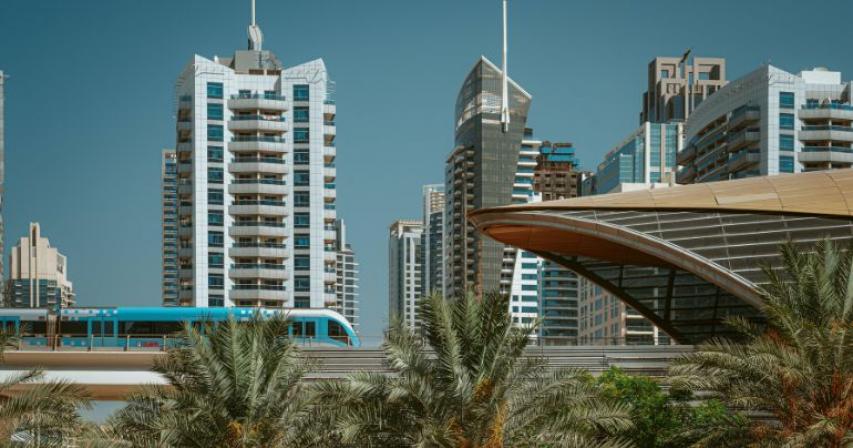
Dubai, the largest city in the United Arab Emirates (UAE), has emerged as one of the world's most iconic and futuristic metropolises in recent decades. From its humble beginnings as a small fishing village to a global economic powerhouse and a hub for tourism and innovation, Dubai's remarkable journey showcases unparalleled ambition and development. This article aims to provide an overview of the key facts about Dubai, covering its history, culture, economy, landmarks, and more.
1. Historical Background: Dubai's history can be traced back to ancient times, with evidence of settlements dating as far back as 3,000 BCE. Originally, it was a fishing and pearl-diving village due to its strategic location on the Persian Gulf's southern coast. In the 18th century, Dubai became an important trading port, fostering commercial relationships with neighboring regions and countries.
2. Union with the UAE: On December 2, 1971, Dubai, along with six other emirates, formed the United Arab Emirates, following the British withdrawal from the region. Sheikh Zayed bin Sultan Al Nahyan became the first President of the UAE, and Sheikh Rashid bin Saeed Al Maktoum, the ruler of Dubai, served as the Vice President.
3. Rulership and Leadership: After the passing of Sheikh Rashid in 1990, his son Sheikh Maktoum bin Rashid Al Maktoum assumed the role of ruler. Subsequently, in 2006, Sheikh Mohammed bin Rashid Al Maktoum, another son of Sheikh Rashid, became the ruler of Dubai. Under his leadership, Dubai witnessed rapid and transformative growth.
4. Economic Transformation: Dubai's economy has undergone a remarkable transformation from its traditional reliance on fishing and pearl diving to becoming a global business and financial hub. The emirate's strategic geographic location, coupled with visionary leadership and innovative policies, has attracted foreign investments and diverse industries.
5. Tourism and Landmarks: Dubai has become a top-tier tourist destination, with its numerous iconic landmarks and attractions. The Burj Khalifa, the tallest building in the world, dominates the city's skyline. Other famous landmarks include the Palm Jumeirah, a man-made island in the shape of a palm tree, and the Burj Al Arab, a luxurious hotel designed to resemble a sailboat.
6. Dubai Mall and Entertainment: The Dubai Mall, one of the largest shopping malls globally, offers an extensive range of retail, dining, and entertainment options. It is home to attractions like the Dubai Aquarium and Underwater Zoo, and the Dubai Fountain, a captivating water and light show.
7. Artificial Islands: Dubai is renowned for its ambitious projects, including the creation of artificial islands. Besides the Palm Jumeirah, the city has also developed the World Islands, an archipelago shaped like a world map, and the Bluewaters Island, home to the Ain Dubai, the world's largest observation wheel.
8. Dubai Creek and Abras: Dubai Creek, a natural saltwater inlet that divides the city into two sections, has played a significant role in the city's history. Traditional wooden boats called "abras" ferry passengers across the creek, providing an authentic experience of Dubai's heritage.
9. Burj Al Arab and Luxury Tourism: The Burj Al Arab, often dubbed the world's only seven-star hotel, epitomizes Dubai's luxury tourism industry. It stands on an artificial island connected to the mainland and offers opulent accommodations and exclusive amenities.
10. Economic Free Zones: Dubai has established numerous economic free zones, such as Dubai International Financial Centre (DIFC) and Dubai Internet City, attracting multinational corporations and facilitating trade and investment with favorable tax incentives and business regulations.
11. Dubai World Expo: In 2020, Dubai was set to host the World Expo, a global event showcasing culture, innovation, and progress. However, due to the COVID-19 pandemic, it was postponed to 2021, providing an opportunity for the city to exhibit its achievements and vision for the future.
12. Desert Safari and Adventure: Tourists and locals alike can experience thrilling desert safaris, offering dune bashing, camel rides, and traditional Emirati entertainment in the heart of the Arabian Desert.
13. Multicultural Society: Dubai is a melting pot of cultures and nationalities, with a significant expatriate population contributing to its cosmopolitan atmosphere. People from various countries and backgrounds coexist harmoniously, enriching the city's cultural tapestry.
14. Religious Tolerance: The UAE and Dubai, in particular, embrace religious tolerance, allowing the practice of various faiths within the city. This open approach has contributed to the region's appeal for tourists, investors, and expatriates.
15. Sustainable Initiatives: In recent years, Dubai has actively pursued sustainability and green initiatives, aiming to become a more environmentally conscious city. The Dubai Clean Energy Strategy 2050 aims to make the city a global leader in clean energy production and consumption.
By: Doyal Arora

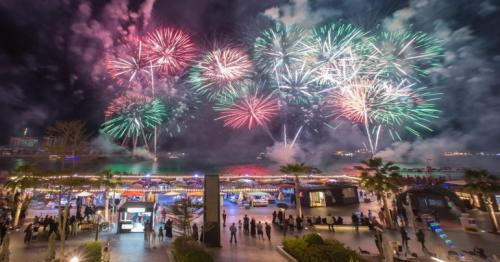
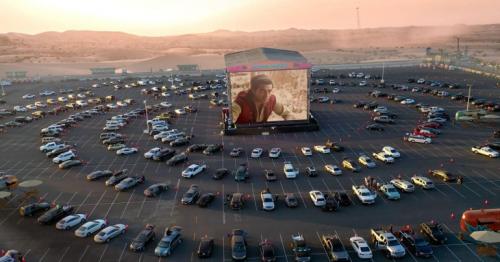
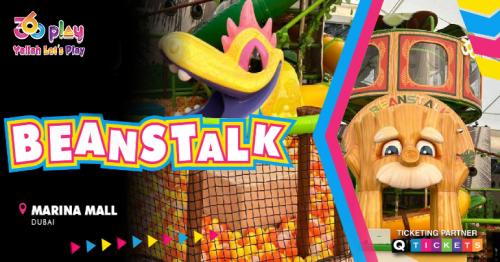

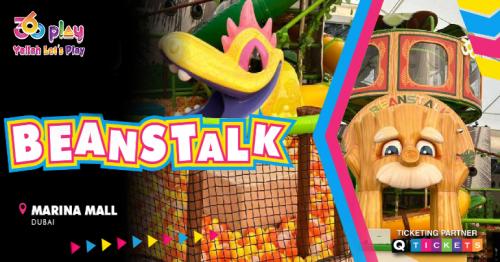
Comments